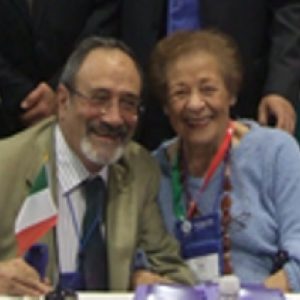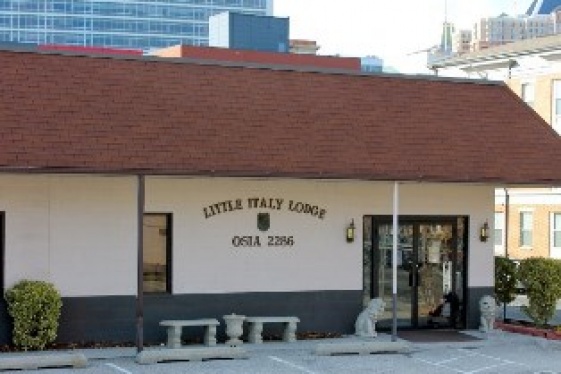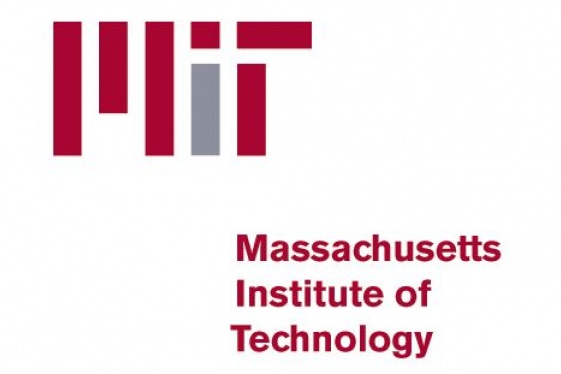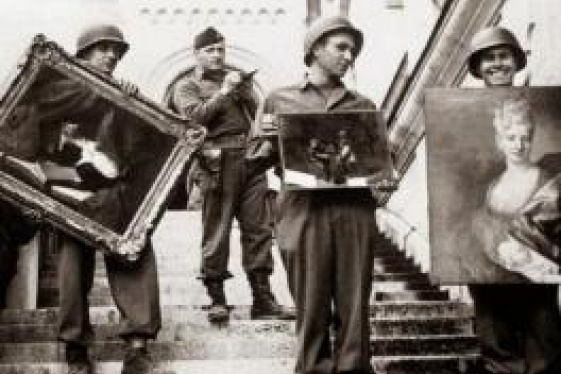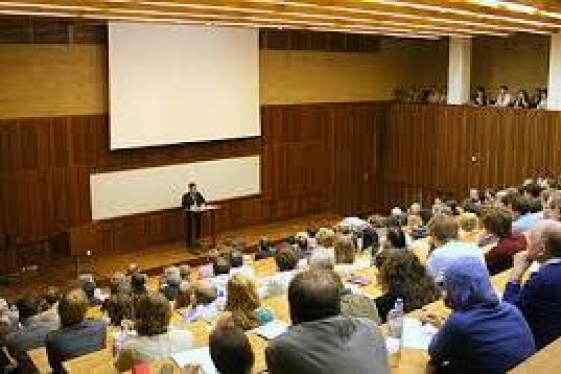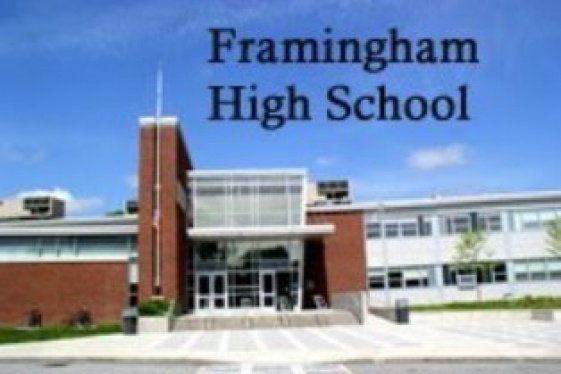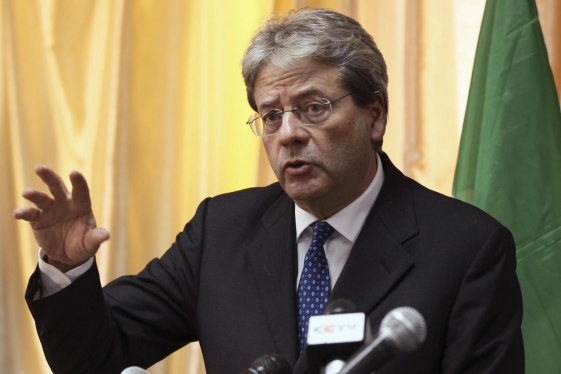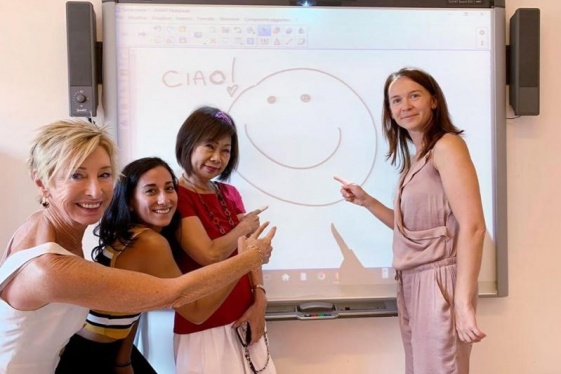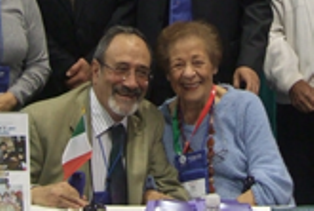

WTI Magazine #13 2014 Jan, 17
Author : Luigi Maria De Luca Translation by:
Last tuesday evening in Washington DC a memorial service was held for Mary Wilmeth. It was a very nice moment, attended by, among others, representatives of the Italian- American cultural organizations, institutions, many friends and colleagues as well as former colleagues of Professor Wilmeth from Fairfax County, where she was Supervisor of foreign languages.
The speeches of the past presidents of the Italian Cultural Society, Copilas, Lido Civic Club, friends and acquaintances as well as the intervention of Marty Abbott, ACTFL Executive Director and former colleague of Mary, have outlined a profile of the highest professional and human depth and have traced the history of the teaching of Italian and of foreign languages in the DC area. The Italian Embassy asked Prof. Luigi De Luca, a professor at John Jopkins University and former President of the institution in charge for the Italian courses at school level, the Italian Cultural Society, the courtesy of publishing his commemorative speech to let as many people as possible to know who Mary Wilmeth was and what she did for the Italian language in Washington and in the United States. This is Professor De Luca's speech.
"The description of who Maria Wilmeth was and what she represents for us is, not surprisingly, a very complex task, even for those of us who have known her for the past several decades. She was irresistible, a force of humanity that would conquer you inescapably, once you had come to know her. As the President of the Italian Cultural Society I worked with Maria for some 9 years. I viewed my task mainly as that of facilitating the obtainment of her goals as the Director of the Italian Language Program that she had founded within the Italian Cultural Society. Under her watch that program has grown to include some 2,000 students of Italian in the Washington Metropolitan area.
She was born Maria Guarrera from Vincenzo and Antonietta Guarrera and grew up in Caserta Italy, where her parents had come from Sicily. Her father Vincenzo was a Professor of Classical Languages at the local Liceo Giannoni. No doubt her love for languages in part came from her father's professional interests. Among other things Vincenzo had produced a translation of Virgil's Aeneid into Italian hexameters, a meter he pioneered for that language. Some 15 years ago Maria presented me with a copy of this translation, which I keep with regard and affection.
Maria met her American husband Robert, who was an officer with the American force operating in the Naples area, and came to the USA with him. Of her three children Eric and Deborah were born in the USA and Michelle in Japan.
Maria had been a student at the Sorbonne and had obtained a Ph.D. in linguistics from Georgetown University. She worked indefatigably with different Italian organizations, including Copilas, which she helped found, as well as other organizations, always with the aim to promote the teaching of Italian in this area. She participated in many international conferences for as long as her health permitted her to do so and organized several conferences at the national and international level. In particular, I would like to mention her involvement in the two language organizations American Council on the Teaching of Foreign Languages and the American Association of Teachers of Italian.
Maria's true life mission was the teaching of Italian in different venues, whether in the Government (the USDA, where she was the Director of the School of Continuing Education), or different academic institutions in the Washington Metropolitan area. With the support of other great enthusiasts, she started the teaching of Italian and founded the Italian Language Program in the Italian Cultural Society. From this platform she launched the teaching of Italian in various schools in Maryland, Virginia and Washington D.C. Through these activities the Italian Cultural Society became one of the Enti Gestori for the Embassy of Italy along with Casa Italiana, which also benefited from her expertise. With the help of other great teachers, and administrators, and the support of the Italian Embassy and its educational Directors, the teaching of Italian became well established throughout the Washington metropolitan area. Memoranda of Understanding were issued by different Maryland State and County Agencies to facilitate the teaching of Italian in their respective jurisdictions.
At the university level and under the auspices of the Embassy of Italy and its educational directors, Maria collaborated with Roberto Severino of Georgetown University and applied for a grant to the National Endowment for the Humanities. As a result, this organization awarded a grant, in the form of a Summer Institute in Rome to the Italian Cultural Society on the subject of "The teaching of Italian through Italian Art". This grant was then renewed three additional times over a period of 6 more years, with the specific purpose to train American teachers of Italian through lectures and museum visits in Rome, as well as in Florence, Siena, and Perugia. Even after she had suffered a stroke, she still came to witness two Summer Institutes in Rome, as she was well cared for by her children who travelled with her and made her wish possible.
I would also like to mention that today is the second anniversary of the demise of Maria's great collaborator, Cesarina Horing, who became Director of the Italian Language Program of the Italian Cultural Society after Maria's retirement some four years ago. These two figures stand in my recollection as magnificent examples of dedication, purpose and focused intent in the teaching of the Italian language and culture in the United States.
The fact that the Italian Language Program is still doing well shows Dr. Wilmeth's power to establish enduring legacies that will continue to be at work for many years to come, thanks to the teachers and administrators who have come forth to help in the maintenance and betterment of the Italian Language Programs both at the Italian Cultural Society and at Casa Italiana.
We all owe Maria a lot and are very indebted to her for she was a guiding compass in our own lives. I fondly remember her affectionate expression, that nevertheless indicated her wrath when we didn't quite do things the way she expected: "Te rompu a faccia" was a welcome warning that put us back on the right path, in case we had even shown a hint of deviation.
We will continue to love you, Maria, and are inspired by your example".
Luigi Maria De Luca, January 14, 2014
You may be interested
-
2015 scholarship competition
The La Famiglia Scholarship committee is pleased to announce the financial aid competition...
-
Emanuele: cervello d'Italia al Mit di Boston
Si chiama Emanuele Ceccarelli lo studente del liceo Galvani di Bologna unico italiano amme...
-
ITALIAN DINNER and RECEPTION...
The National Council for the Promotion of Italian Language in American Schools(National CO...
-
Italian Americans media and beyond: between...
The Department of Italian invites you to a lecture by Fulvio S. Orsitto who is an Associat...
-
Italian world language teacher 2015-2016
FRAMINGHAM PUBLIC SCHOOLS - JOB DESCRIPTION TITLE: World Language Teacher - Italian...
-
'Duty' to confirm Italy-US alliance says Gent...
Italian Premier Paolo Gentiloni will say in a speech to the Center for Strategic and Inter...
-
'Italy Stay Strong': What The Coronavirus Eme...
On the northern coast of Sicily, looking out toward the magnificent Aeolian Islands, Milaz...



